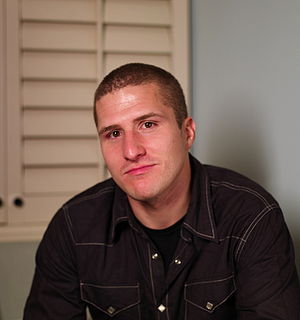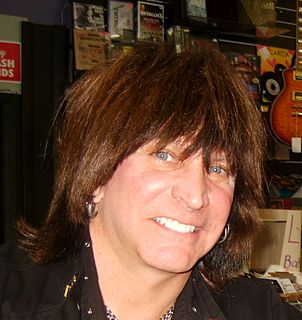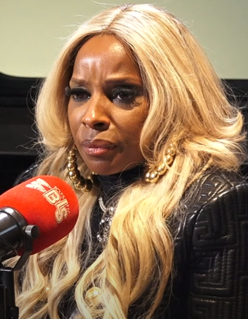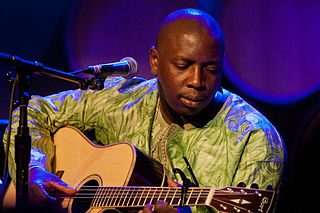A Quote by Ian MacKaye
With Napster and the sharing of music, of course, there are going to be people who exploit it. Greed has no end. But there's a lot of good that could happen. We shouldn't let the economic concerns of the major labels infringe on our freedom to share music.
Related Quotes
We live in an age of music for people who don't like music. The record industry discovered some time ago that there aren't that many people who actually like music. For a lot of people, music's annoying, or at the very least they don't need it. They discovered if they could sell music to a lot of those people, they could sell a lot more records.
I've had a very different career than a lot of other musicians. I went through the major labels. I was signed to two major labels and bands. I've toured with Aerosmith, and I've had records on the charts, songs in the movies. If you had checklist of things a person wants to accomplish in music...I've done a lot. And I don't mean that in an egotistical way; I never take it for granted. But you can't think outside the box unless you know what's in the box.



































